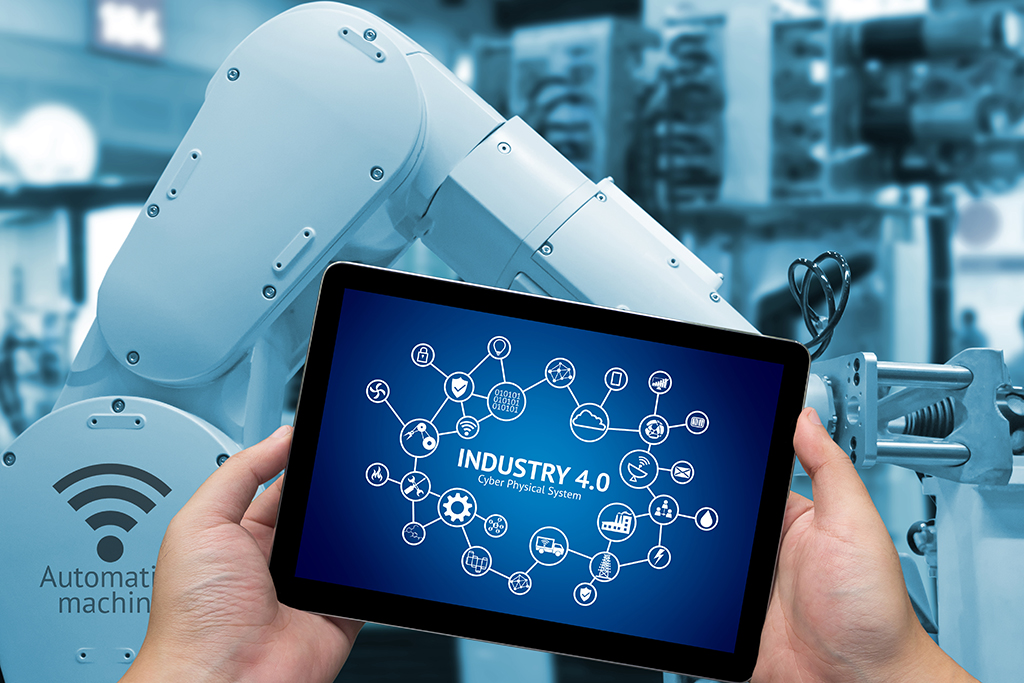High Variant Diversity, Small Lot Sizes and Flexibility - Mastering the Individualization of Production with Process Mining

As the possibilities offered by digitization solutions increase, so do the demands that the market and customers place on manufacturing companies: However, wishes for example for the production of several product variants in small batch sizes, maximum flexibility, speed, efficiency or guaranteed delivery times require transparent and optimized material flow processes.
With increasing individualization of production, however, the complexity of the internal material flow increases because a wide variety of tasks and process steps have to be considered and integrated. Efficient control of material flow processes is elementary in this context. However, this requires appropriate data: many reference projects show that the physical processes involved are often not sufficiently mapped in the digital world at SMEs - they are not adequately recorded and stored either manually or in terms of information. In addition, it is rarely transparent which processes have actually been executed at the current time or what their status is. In such an environment, timely, individual and perhaps even automated control is not possible. The consequences are inefficient process flows, delays in production, insufficient utilization of resources or poor product quality.
The goal of »ProCheck« is therefore to enable automated and continuous analysis, optimization and verification of material flow processes in small-scale production operations. Process mining methods are used to analyze and record the processes. The focus is on spatially distributed processing or assembly steps of individual orders.